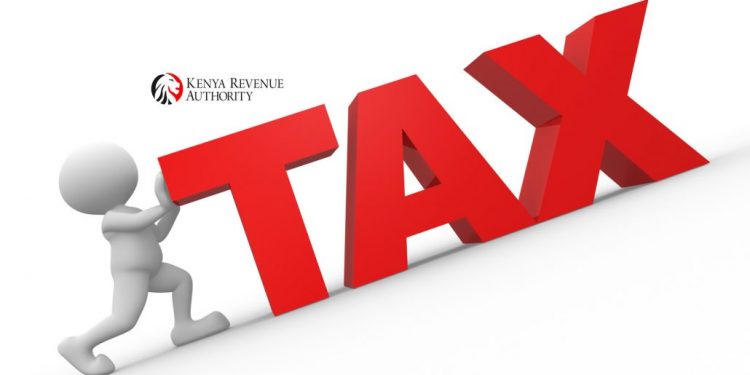Kenya aims to become a middle income economy by the year 2030. The country’s tax environment is a major determiner of whether the country will achieve this goal. A study by the World Bank and PwC Paying Taxes 2019 indicates that Kenya’s tax environment has significantly improved in recent years.
According to the report, the average time taken by Kenyan companies to comply with taxes dropped from 213.5 hours in 2016 to 179.5 hours in 2019 which is a 16 per cent improvement. Additionally, the number of tax payments made by a taxpayer fell from 30 to 25 representing a 17 per cent improvement. The total tax and contribution rate changed marginally from 37.1 per cent in 2014 to 37.2 per cent in 2017.
The improvement in paying taxes score has been attributed to; implementation of the iTax platform which helps companies in filling and paying taxes; continued taxpayer education; improved customers relations; and adoption of several tax regulations that provide clarity to previously ambiguous tax provisions.
The major driver behind the improvement in the tax environment is the digitisation of tax fillings and payments. In 2014, the Kenya Revenue Authority digitized all tax payments and fillings. The move brought significant relief to businesses operating in Kenya.
Between 2016 and 2019 Kenya’s Paying tax score moved up from 69.01 to 72.37. The improvement is credited to KRA’s initiative to improve the iTax system and the introduction of a unified Business permit by Nairobi City County.
The two initiatives made it less costly and less time consuming for Kenyan businesses to comply with tax requirements and hence improved the country’s tax environment.
Additionally, KRA adopted a risk based approach in conducting audits whereby the government agency focused more on companies that were viewed as less tax compliant. The change in the auditing system brought reprieve to tax-compliant companies.




